“Once-in-a-Lifetime Opportunity”: Tricia Symmes of Aleafia Health on the Cannabis Care Industry
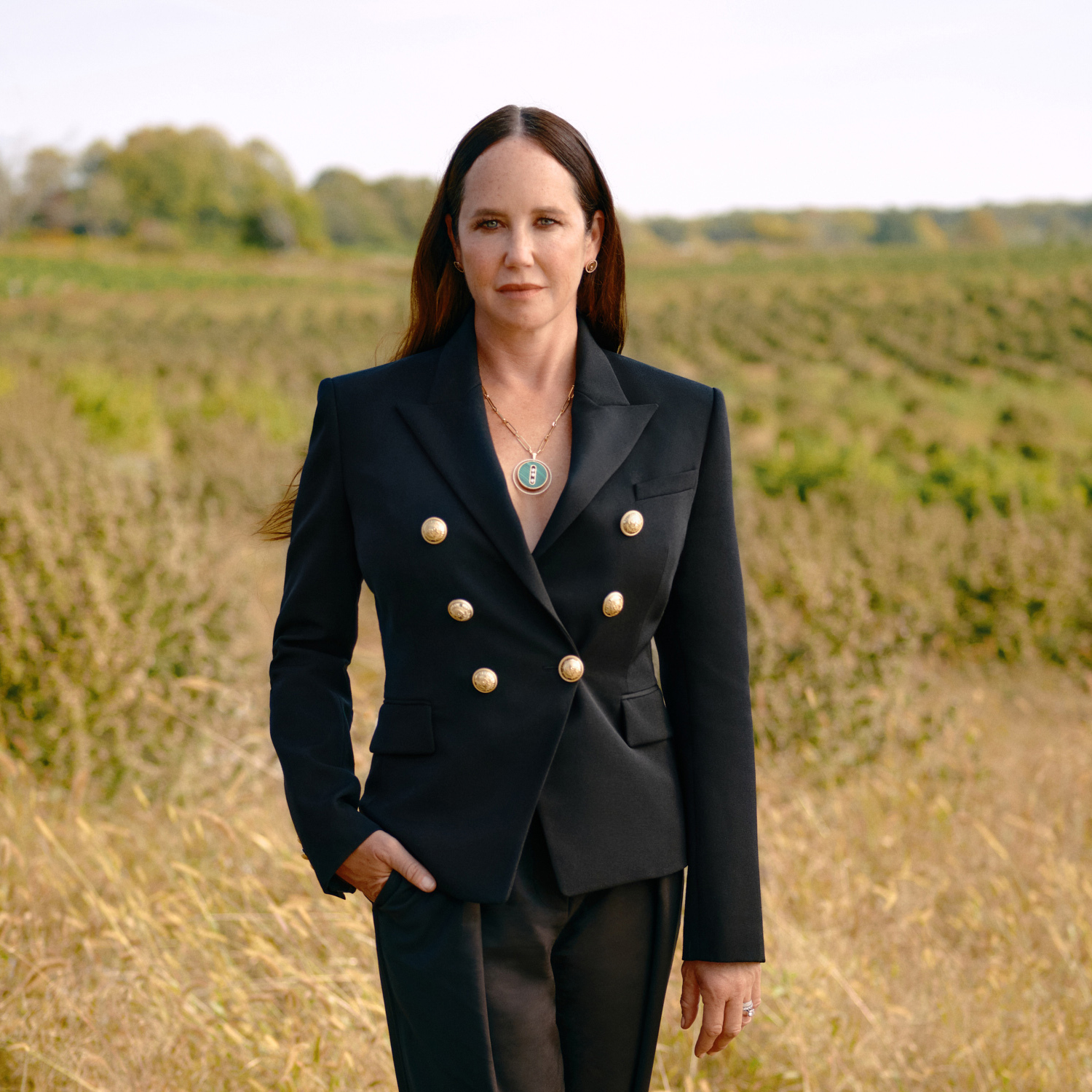
With a fresh look and redesigned print magazine, Canadian Business provides innovative leaders—and those who want to learn from them—the resources, networking opportunities and inspiration to connect and continue challenging the status quo. One of the ways we are doing this is through launching the Canadian Business Leadership Circle, CB’s leader-in-residence program where each month we engage a different C suite-level executive making an impact in their field. As part of the program, readers will have the chance to connect with these progressive-minded business execs for mentorship and professional development through exclusive content, virtual fireside chats and more.
Our second CB-leader-in-residence this month is Tricia Symmes, Chief Commercial Officer at Aleafia Health, a medical cannabis care company. A visionary in her own right, Symmes has more than 20 years of experience as a senior executive in both the pharmaceutical and cannabis industries. In conversation with CB, she shares the details of Aleafia’s exciting new ventures, the evolution of the industry, and her advice for young women entering the world of business.
What have been your greatest influences when it comes to being a leader?
My upbringing, especially the time I spent as a competitive figure skater during my youth, has played a major role in my development as a leader. It taught me a lot of the fundamentals around perseverance, hard work, drive and overcoming failures. Within the space of entrepreneurship, I’ve also had a lot of mentors early in my career that really helped me thrive and cultivate an entrepreneurial spirit. It encouraged me to exhibit the same leadership and guidance once given the opportunity to work with teams and build organizations myself.
You’ve gone from pharmaceuticals to cannabis care. Was this the career path you had always envisioned?
Not necessarily. I hadn’t anticipated moving into pharmaceuticals, but I did come from a background in health science and business, which definitely prepared me for it. I have parents in the medical field, so I’ve always had an appreciation for health and wellness, and when a pharmaceutical sales opportunity was presented to me, it felt like the best of both worlds. I was able to work with physicians and patients but also navigate the business side of things—like brand development and commercialization. Having been in the field for more than 20 years, this field has been a big part of my career growth. As I eventually moved into different industries, the most important part of my work has always been to improve the lives of others. Now, at Aleafia Health, I’m happy to continue doing so.
How does your role as CCO at Aleafia Health fulfill the goals you set for yourself when starting your career?
Earlier in my career, I had the opportunity to work for large multinational organizations that provided me with a lot of foundational business acumen skills and training. From the get-go, I’d say one of my biggest goals was to apply this training in a role that offered room for creativity and impact.
The cannabis care industry is still very young and in the early stages of truly establishing itself. This opportunity at Aleafia is to create something special from scratch, and it’s a chance that doesn’t present itself often. To be a part of this formative stage, not only the inception of an industry but also the launch of a company and a portfolio, is a once-in-a-lifetime opportunity.
What are some challenges within the cannabis industry that you hope to defeat?
There are a few, the first certainly being the stigma attached to cannabis. It’s important that as cannabis becomes more accessible, so does education around how to use it safely and effectively. Which oddly brings me to the second challenge—the very strict marketing regulations and guidelines impacting the way that cannabis can be promoted and discussed.
It poses a challenge for us to communicate with the wide range of Canadians that may benefit from therapeutic methods of cannabis use, but simply don’t have enough information to seek it out themselves. Another critical point here is that a lot of medical products are not covered under natural health product claims. I think as part of this industry’s evolution, we’ll start to see a greater acceptance toward different formats of cannabis reflected in healthcare regulation and policy.
What do you think the recreational cannabis industry and the cannabis care industry have to learn from one another?
The early days of legalization primarily focused around the medical side of the industry and there were huge benefits to patients in need that came out of that. I think what we’ve learned from the medical side is that there are many different conditions that can be treated with non-traditional pharmaceutical methods.
When we first compared the recreational side of the business, it was often dismissed as illicit and invalid. But now, we see a whole range of recreational users that use cannabis differently and for different reasons. Maybe they aren’t interested in smoking or inhaling anything; there are a number of nutraceutical products on the medical side that can offer a benefit to them in a more curated way—especially with concerns to sleep, anxiety or common pain. I think in terms of understanding consumer trends and the unique ways of applying cannabis to your everyday life, there is a lot to learn. We’re still in the early days for both of these markets… but it’s something where I think we will continue to see valuable information streamlining between the two.
Have there been developments in the cannabis care industry that particularly surprised you?
The movement of medical products into the recreational space, as more of a general health and wellness option, is something I am pleasantly surprised by and very passionate about. Building “2.0 products” in alternative forms, like concentrates or topicals, is a big development toward making cannabis more reachable for recreational users. One of our products, Kin Slips, is an under-tongue strip that offers a dose of CBD in a discreet and easy way. When legalization started, the centrefold was on inhaling smoke or vapour. To have come this far in the evolution of products is remarkable. It’s encouraging my teams to be more creative in the ways that we approach cannabis consumption as part of the health and wellness routines of Canadians.
There was once also a lot of speculation regarding the state of the medical space once recreational legalization came. Though some believed many patients would simply turn to recreational consumption, there is still a huge need for both of these therapeutic areas to work in tandem—for patients to take cannabis as part of chronic therapy that hopefully in the future is built within private healthcare plans.
Do you see any commonalities among sectors in the kinds of obstacles women face in moving their careers forward, as well as in how organizations can break down those obstacles?
Oftentimes, women in the workplace will struggle with the pressure to put their professional lives lightyears ahead of their personal lives. In a male-dominated business world, women place extreme pressure on themselves to measure up to their male counterparts. I think it is a conversation that needs to continue to happen and we need to be open and transparent about what is expected of us fairly and equally.
Earlier in my career, I became a VP while I was nine months pregnant and I remember being afraid to take maternity leave because I thought that it would impede my career and set me back. I wish I had, in those early days, the knowledge and confidence to understand that as you move through different levels of leadership, it’s vital that the organization you’re working for creates a space for women that doesn’t come with biased conditions or pressures. The cannabis space is particularly male-dominated, and although there is growth in diversity, there is a ton of room for our sector to do better.
What advice do you have particularly for other women entering the world of business?
My greatest piece of advice would be to never doubt yourself. Even if your career is heading in a direction that you haven’t seen a female leader go down before, know that you can accomplish it. I was the first female VP in my role, and even though I knew it would be difficult, I never doubted myself. Set your objectives and go after them with vigour and confidence.

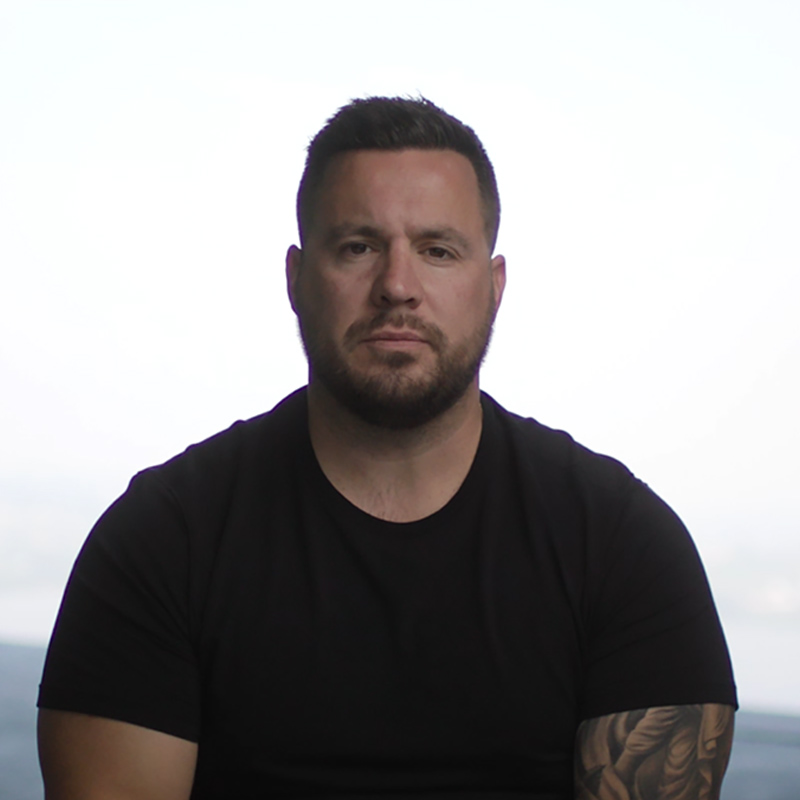
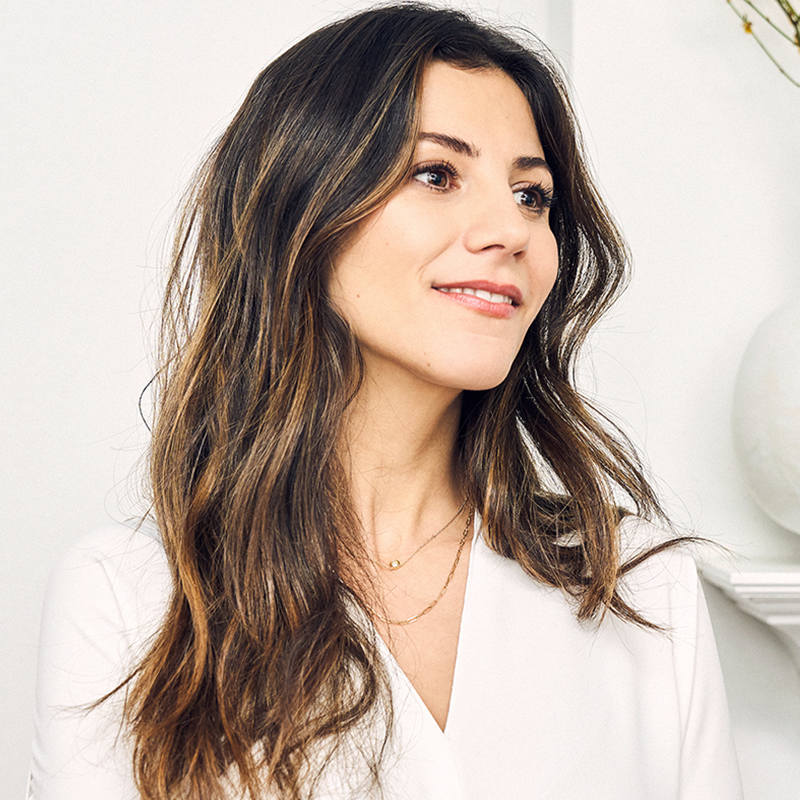
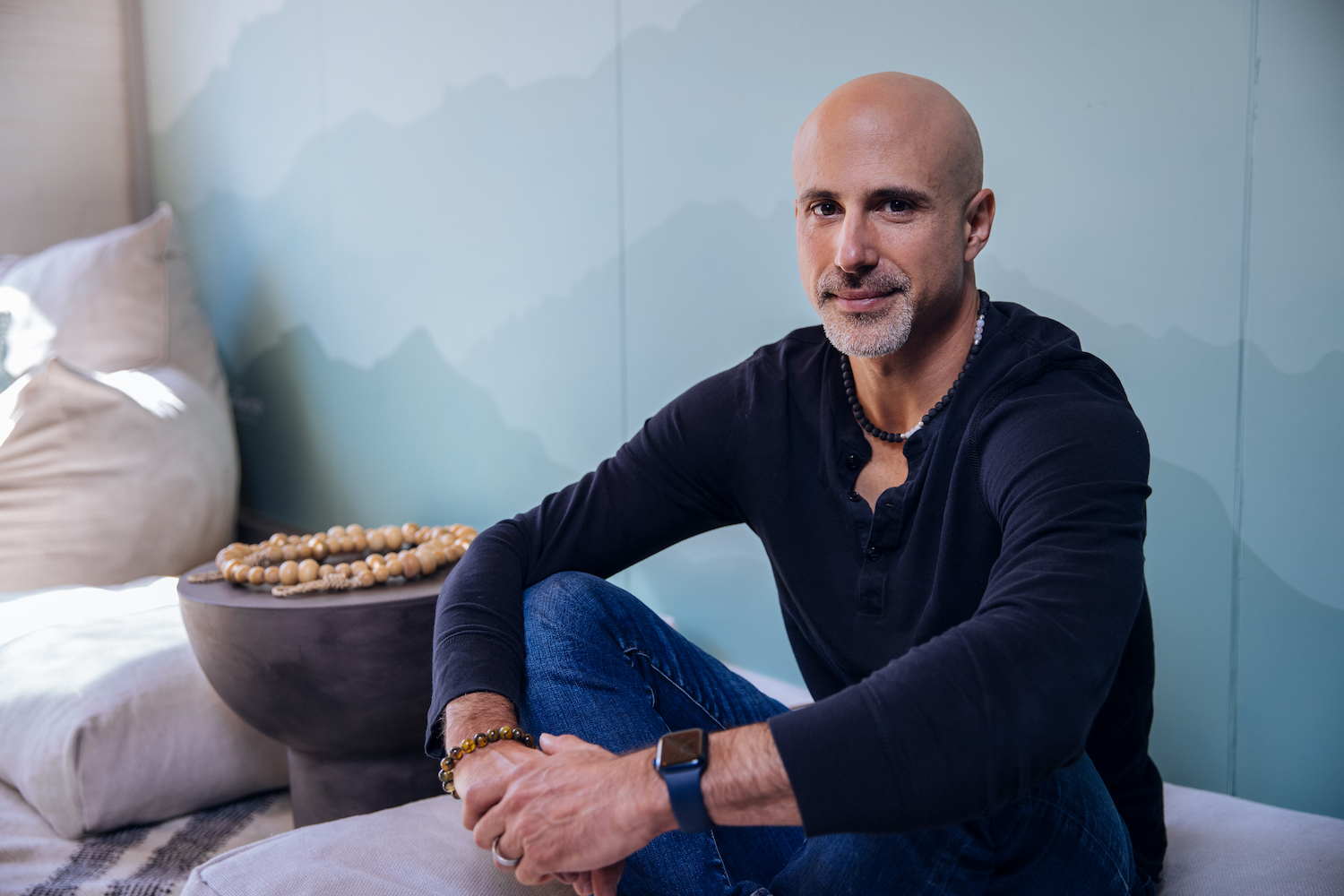
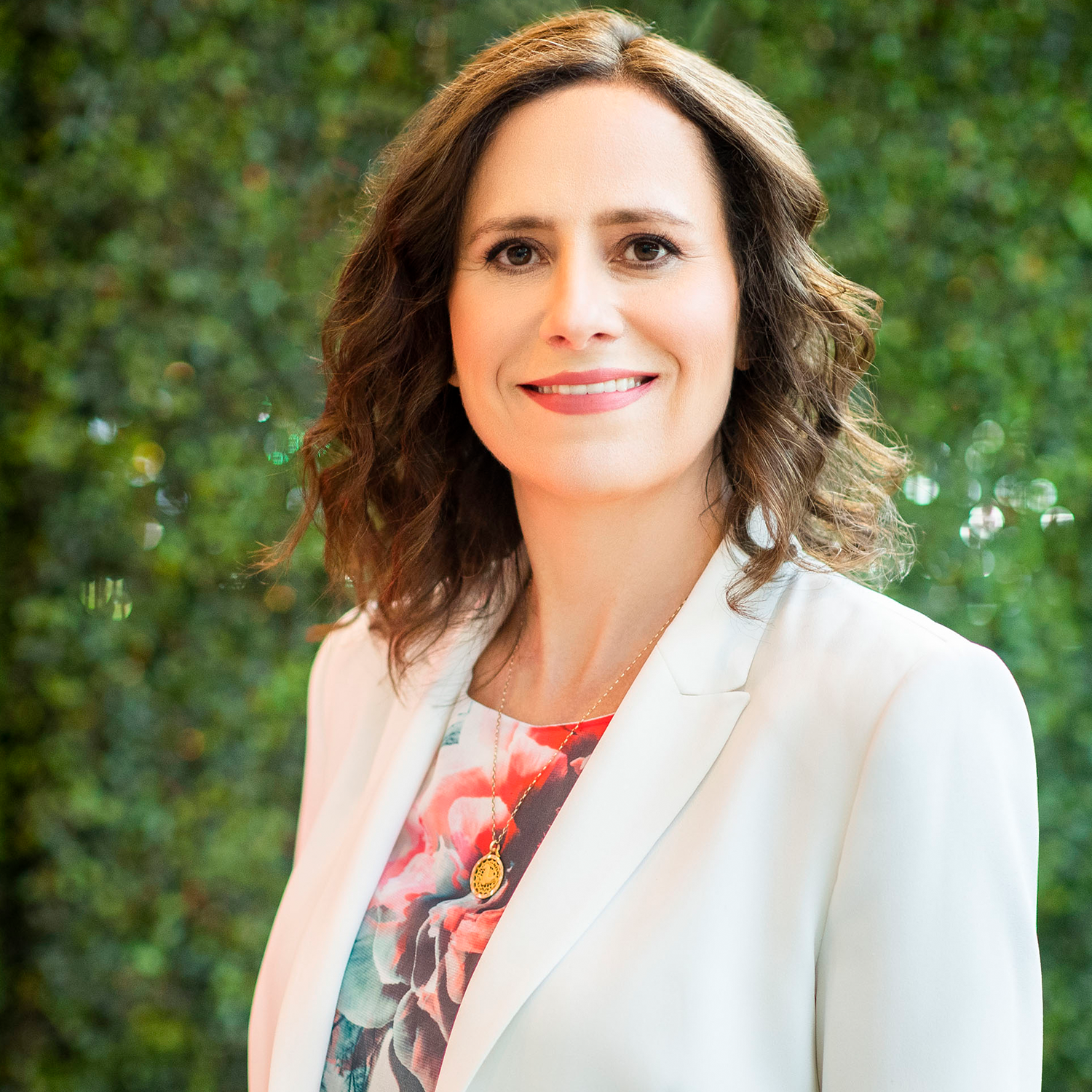


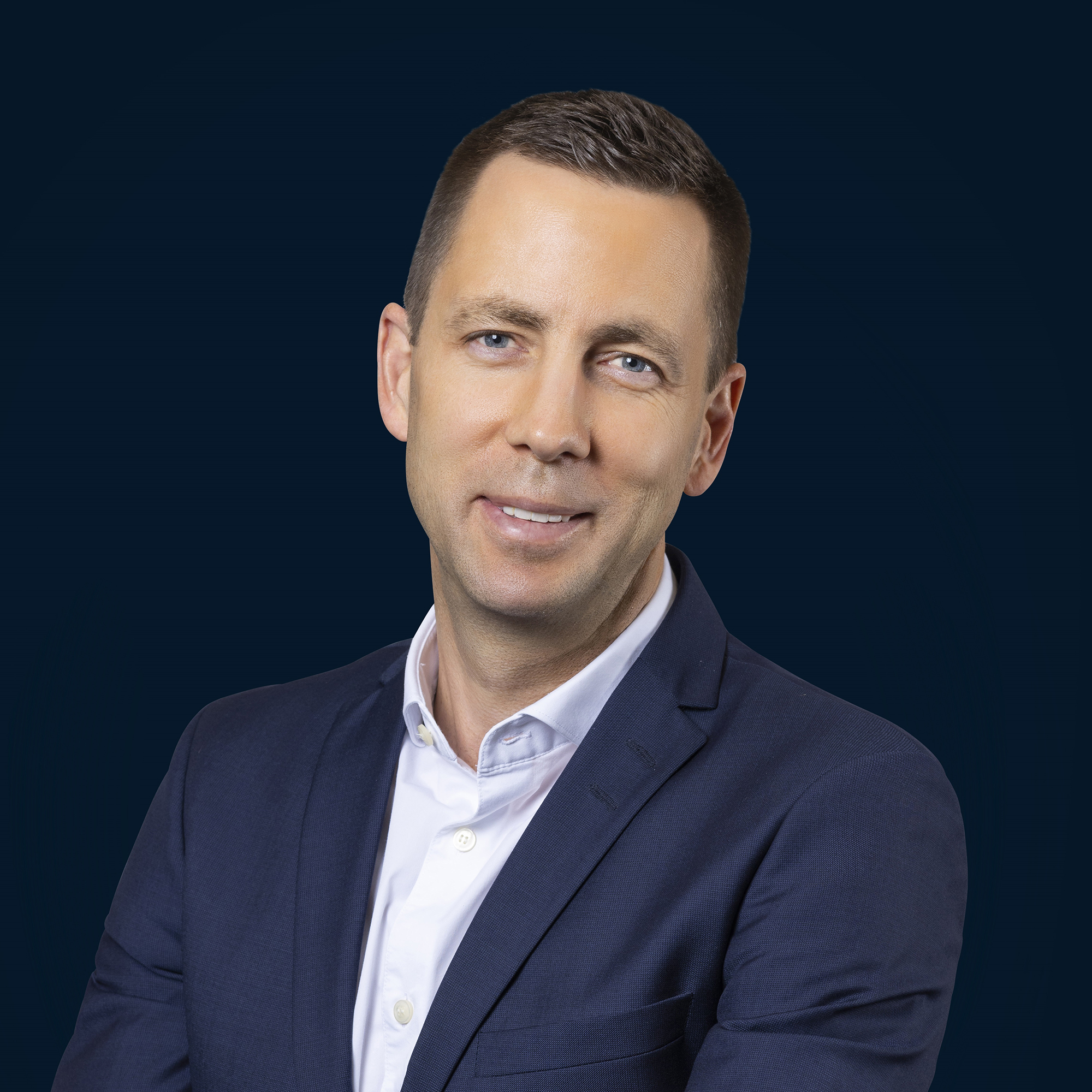

![CB-800x800_0000s_0006_IMG_1010[2]](https://canadianbusiness.com/wp-content/uploads/2021/10/CB-800x800_0000s_0006_IMG_10102.jpg)